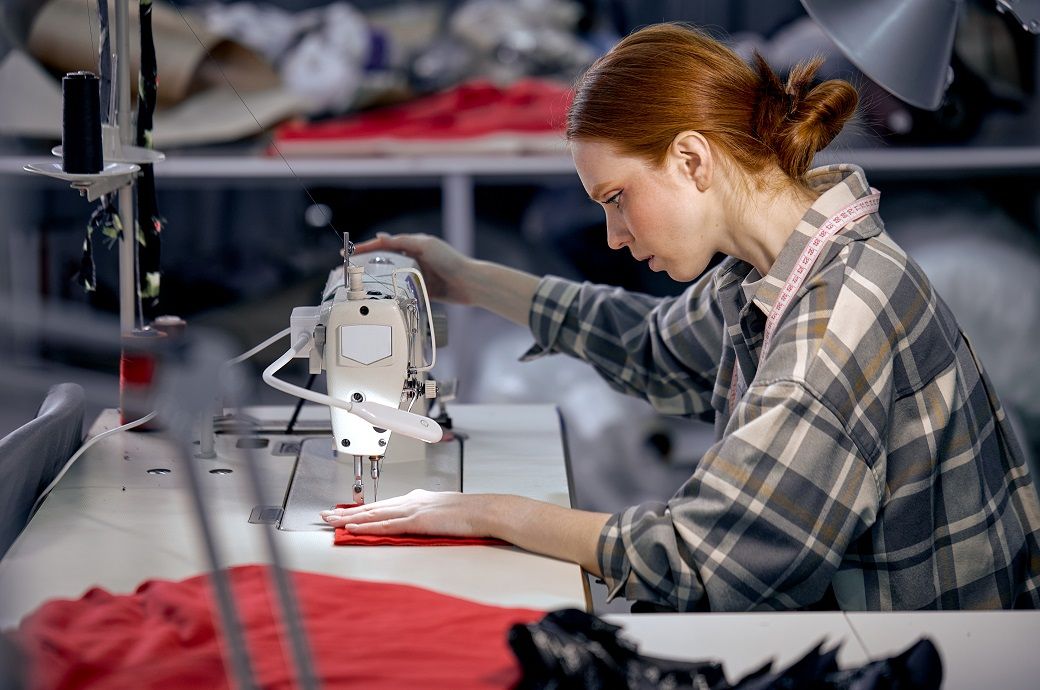Manufacturing Sector Hits Rough Patch: Global Production Slows in April Downturn

Global Manufacturing Faces Unexpected Slowdown in April
The manufacturing sector experienced a surprising setback in April, with operating conditions showing a decline for the first time in four months. According to recent Purchasing Managers' Index (PMI) data, the industry witnessed a marginal but notable deterioration in its overall performance.
While the drop was slight, it signals potential challenges ahead for manufacturers worldwide. Economists and industry experts are closely monitoring these early indicators, which could suggest emerging trends in global industrial production and economic momentum.
The subtle shift comes after a period of consistent growth, raising questions about the sustainability of the manufacturing sector's recent recovery. Businesses and policymakers will be watching closely to determine whether this is a temporary fluctuation or the beginning of a more significant economic trend.
